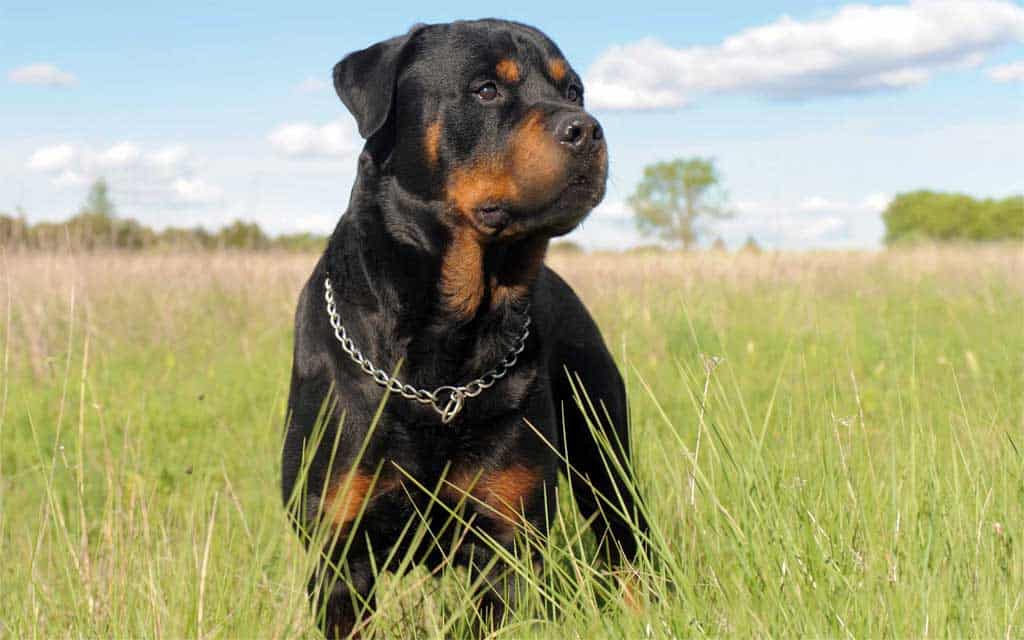How To Take Care Of Older Dogs

When your dog gets up there in age, they can seem like a whole new pet. There are often as many responsibilities with a senior dog as there is a brand new puppy! Here are some of our suggestions for taking care of older animals.
Don’t Miss Your Appointments!
Much like with your own checkups you’ll want to make sure that you schedule regular visits to your vet and make sure that you stick to a schedule. Older dogs, unless suffering from specific complications, should get checked up at least once a year. Primitively treating a disease or stopping on from starting can be just as important as managing the following symptoms.
Be Aware Of Your Dog’s Weight
A dog’s weight or body condition is something to keep an eye on after a pet exam. Ask for an evaluation of your pet’s weight after every visit to your dog’s primary veterinarian. If your pet is currently over or underweight, it may cause some additional health issues. Each breed is different and needs to be evaluated individually.
If weight has been a constant issue for your animal and you don’t want to go in constantly to check up on them, ask your vet about the best ways to evaluate your pet’s weight while at home.
Evaluate Their Diet
Chances are table scraps at this age is not the best idea for your pup. Overweight elder dogs have an increased chance of having diabetes, skin disease, cancer, and even heart disease. Your vet can help to customize your pet’s diet and figure out what they need to eat in order to be happy and healthy. It’s important to consult your professional because all macronutrient levels should still be met while trying to allow for weight loss.
A carbohydrate blend of fatty acids such as EPA and DHA can help to keep your pet feeling satisfied while assisting in any arthritis pain or other mobility issues. Chondroitin and glucosamine supplements are also known to be beneficial for senior dogs that have kidney or heart disease.
Keep Them Moving!
Just like an elder human being the bones and muscles of a dog will get stiff if they do not exercise. Stiffness in dogs is dangerous and can help cause injury. Tailor your elder dogs exercise needs to their individual requirements. Carefully observes what works for their individual personality, size, and eagerness to participate. While a walk around the block may be exciting for a lab, it may be far too much work for a poodle.
